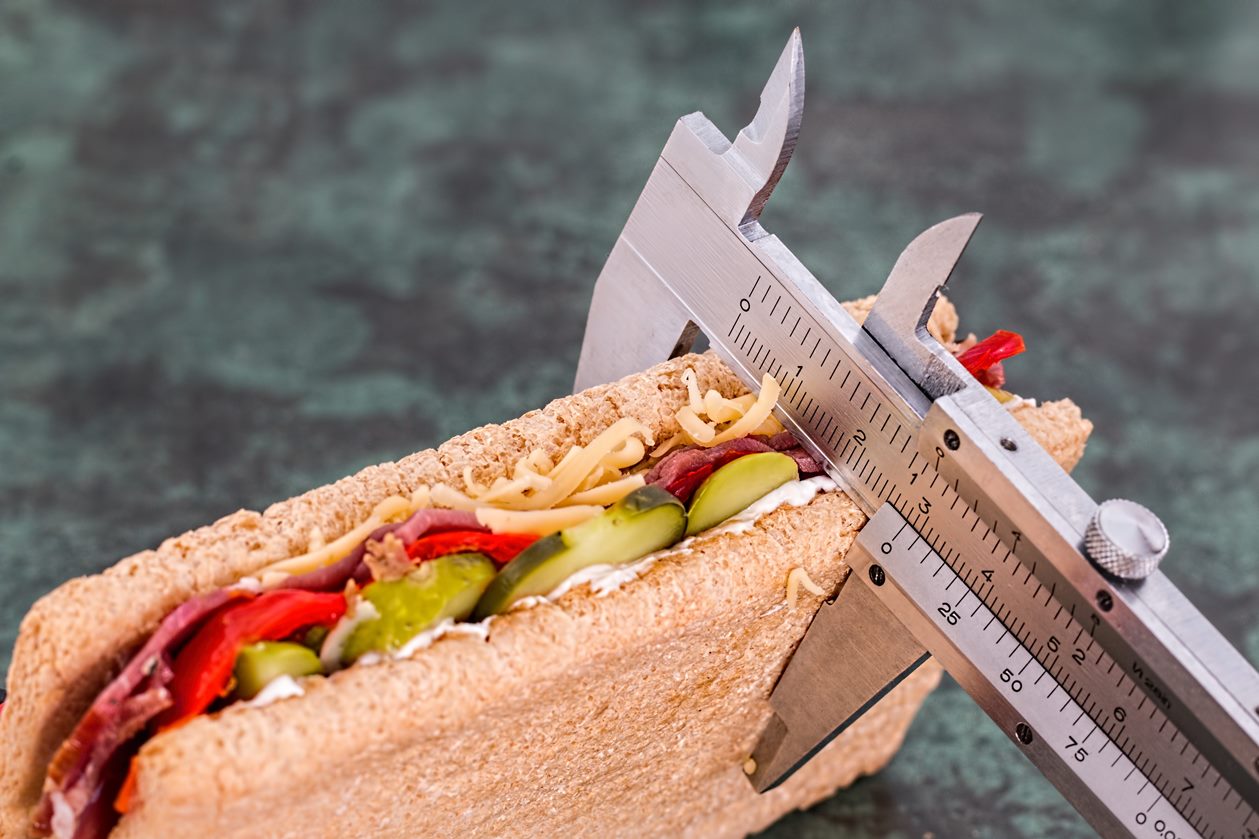Have you ever wondered what makes a great piece of literature? Theorist Viktor Shlovsky believed that what a good story was was this, one that sticks around, plays with us, remains. However, to achieve that “long-lasting effect” in a work of art takes a specific set of devices. Like poetic speech.
In our phonetic and lexical investigations into poetic speech, involving both the arrangement of words and the semantic structures based on them, we discover everywhere the very hallmark of the artistic: that is, an artifact that has been intentionally removed from the domain of automatize perception. It is “artificially” created by an artist in such a way that the perceiver, pausing in his reading, dwells on a text. This is when the literary work attains its greatest and most long-lasting impact. The object is perceived not spatially but, as it were, in its temporal continuity. That is, because of this device, the object is brought into view. (Theory of Prose, by Shklovsky, italics mine.)
Poetic speech helps us see, slows us down, makes us dwell. Like inversions in speech, example-for, do this. Interruptions, too, situate us on — hey, who put that dash there?? — a sentence just a little while longer. Even plain repetition, repetition, makes us dwell, slows us down, makes us sit on a sentence just a little while longer. (Get it?)
What Mr Shklovsky advocates, beyond devices, is a unique approach to art creation. DON’T RUSH, he says, the composition. Rushing is normal, and normal is boring, ignoreable, if ever there were such a word. Instead, one might better arrange the work so that it doesn’t appear how it would normally appear in everyday life. Imagine a book store, one in perfect order. Do you see every spine and book cover neatly placed in their respective categories? No, not without some effort, save for the two or three books that stand out, because they are arranged differently (on a table, or on a stand).
Or consider a painting in a crowded museum. You gravitate towards the objects that you already know, or the ones that beckon your attention with a magic pearl of an ear, a perplexing smile-frown, or the paint splatter that has you leave the museum thinking about it for days, telling people it sucked.
More presently, take a blog post, for example. How many posts float haplessly in cybernetic seas we never dare to cross, or think to cross, or cross but only too concerned to pay attention.
According to Shklovsky, a blog post, a good Shklovskian blog post that is, wouldn’t scream, but draw you in with a simple gesture, an index finger motioning come hither, you curious you. Then we couldn’t help but enter it with our chin and nose leading the way.
Shklovsky also says art doesn’t deal in emotion, doesn’t need to go from point a to point b; nor should the artist, especially of literature, want to. The purpose of art is to make “the stone stony,” to make us “not recognize but see” the world, and this involves a lot of windy passages, leading to what he calls “enstrangement.” The brilliance of that word is that it looks like “estrangement.” Or a typo. But, in fact, the word does precisely what the author intended: to make us double take, to pause.
And that is exactly what I want to do.
Below is a story, about a sandwich, utilizing the Shklovskian devices of deceleration, interruption, and framing. These devices should, theoretically, lead to the estrangement, or making strange (or seen as if for the first time), a simple lunch item. Why the sandwich? Because I have eaten one for lunch everyday for that last forever ago. It is, then, the perfect plate to renew.
Food, enstranged
His was no ordinary sandwich, for it lay in his mind. The sandwich would be toasted, first and foremost, because a sandwich with untoasted bread is like pizza without cheese. Next, the sandwich would contain two pickled vegetables — the vinegary the better — perhaps pickles and pepper, or no, spicy peppers and pickled onions (here he started to drool) — next, after that, what would go well would be a few slices of meat, not over doing it, of course, just three. Now, in any decent gentleman’s fridge one finds at least three kinds of meat: for grilling, for snacking, and for delicious, mouth-watering, noontide lunch: the sandwich. Luckily, our hero found himself in the awkward position of possessing all of the aforementioned ingredients — he decided, in his mind, therefore, on mortadella (you know, he reminded himself, the ham with the fat in it?).
The man smacked his lips, like a beast. He retired from the desktop monitor numbing him, and headed downstairs, towards the arena of the culinary arts, the kitchen. Perhaps (he lipped his licker), I shall pepper arugula, that bitter mass; a pinch of the leaves will do. Fortunately, his fingers were thick for pinching.
The stairs provided no difficulty. The distance separating him and his desire proved inconceivably, and, unconsciously, no distress either. He could cross the distance. Each step forward brought him one step closer to the chrome shining rectangular prism called in simple terms a five-syllable word: Refrigerator.
There it was. In all its glory. Buzzing. Calling his name.
Come, come, it hummed, come. Open me.
And the man, reaching with his hand, from his arm, from his shoulder, connected to his torso, twisting from his hip, extended slowly, ever so slowly, naturally, organically, towards the single most important thing in his life at that very instant, the world ceasing to matter, the clouds above his roof storming, thunderclouds sparking lightning, a hurricane hitting the coast, seagulls running for their lives, coral reefs shattering into millions of pieces, the earth in perpetual motion, spinning endlessly, and endlessly, until there wasn’t a single atom in the universe unrestrained, all eyes on this mother fucking point in the vastness of eternity:
When his phone rang.
“Hello?”
“Hey, Chad, what’s up, man?”
“Yo, Carl, what’s up, dawg?”
“Nothing, doo, whatchu up to?”
“Just making a sandwich.”
“A sandwich?”
“Ye, man, a sandwich, what’s up, why you calling me?”
“Just wanted to check up, I miss you.”
“Carl . . .”
And the conversation went on like this for a little while, two equals discussing some matter between them.
Until, finally, gracefully, the sandwich was made. And enjoyed.
The end.




